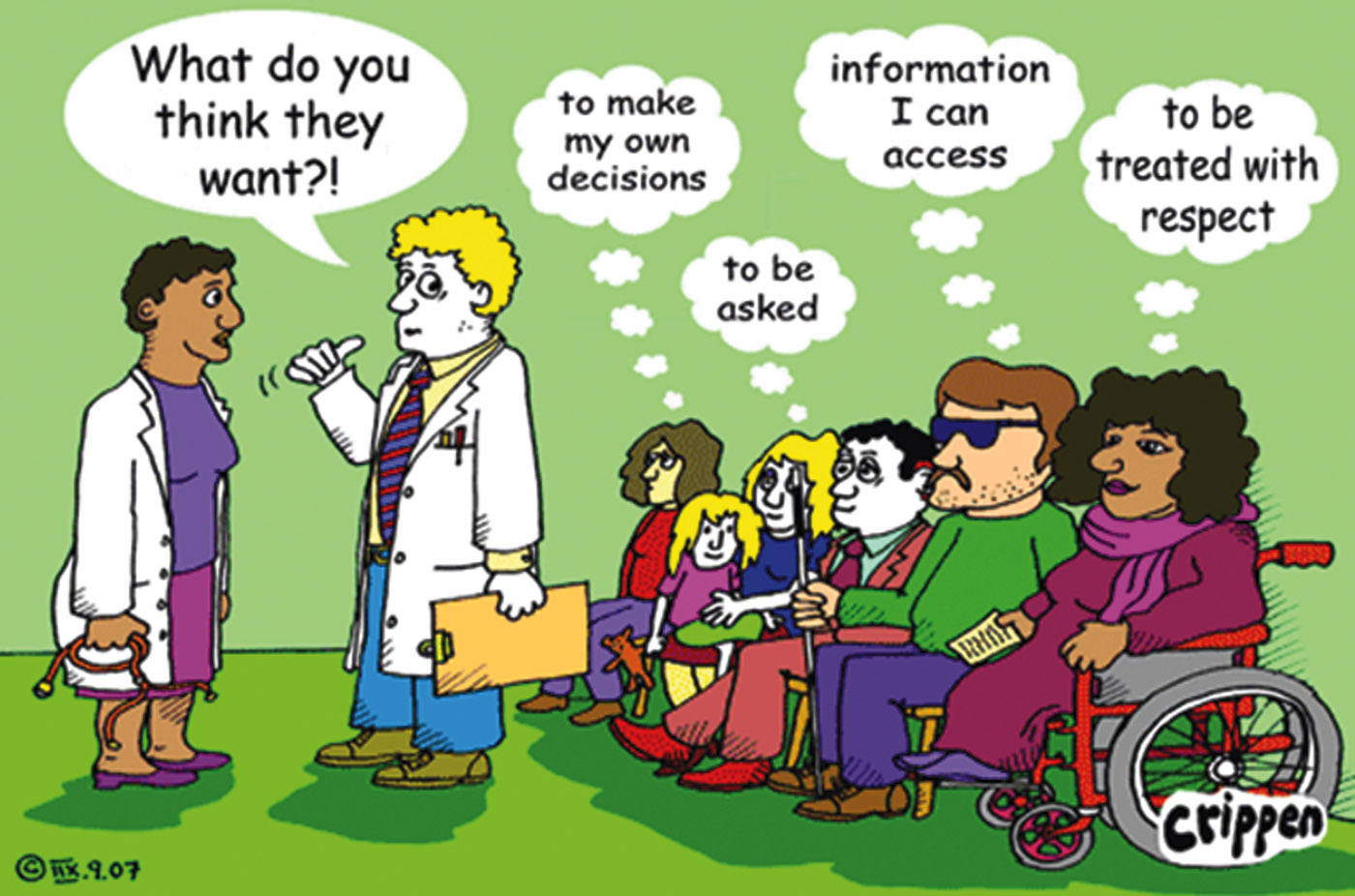Beyond the Horizon
By Pradeep Kumar
Special educators should be recruited for children with special needs (CwSNs). But, school authorities in most states/UTs invariably overlook their needs leaving them to fend for themselves. Why they have been neglected despite indivisible part of this great nation is a million dollar question.
Few teachers, including Namsai-based famed Arunachal University of Studies assistant Prof Arunima Manna, shocked me the other day by apprising suffering of the CwSNs. She cited Delhi High Court directive of 02.11.17 that: “The requirement of special education to children with special needs cannot be ignored as a delay of even a day would severely impact them”.
A trained educator of CwSNs, she regretted that most of her students were facing problem in getting job though the HC’s had questioned the reason for delay in recruiting special educators in Delhi Govt and municipal corporations schools while directing Delhi Subordinate Service Selection Board (DSSSB) to do so.
When each school in the country is declared as inclusive school to facilitate education of children with and without disabilities together, she questioned at discrimination against the CwSNs and urged to draw attention of those who matter to end their suffering by involving national bodies of teacher training centers.
Some positive step in this direction could be expected in Arunachal with present GoAP led by Chief Minister Pema Khandu intending to bring visible changes with ‘zero tolerance’ policy attached to education sector. A planner, however, cited bold steps to recruit teachers to fill decades-long accumulated vacancies. Wait and watch, time will give you the reply,” he said with conviction.
During GoI’s Accessible India Campaign launch in December 2015, Prime Minister Narendra Modi, in his message, had suggested divyaang (divine body) for persons with disability (PwDs), to replace viklaang (handicapped) as they are divinely blessed with “extra gifts”. Many disabled rights groups wrote to him arguing that changing terminology alone would not end discrimination and urged him to address the barriers hindering their participation in country’s economic, social and political life.
Medical boards of district civil hospitals are responsible for issuing certificates to PwDs. However, about 51% of PwDs did not have disability certificates by July 2015, according to figures submitted by MSJE in Lok Sabha, for which they fail to avail state help. And Arunachal Pradesh is no exception either.
Disability in India is still functioning in the realm of social welfare instead of a rights perspective. Teachers are not trained and schools don’t have the infrastructure to deal with children with disabilities, according to India Spend report. Neither are paediatric wards of hospitals equipped to deal with them. There is not enough data on the number of PwDs to allow the Govt to provide the necessary services.
PwDs in India comes under the care of Social Justice & Empowerment and Health Ministries but no ministry is given responsibility to protect them. India Spend finds dismal access of PwDs to education and employment, 22 years after Persons with Disabilities (Equal Opportunities, Protection of Rights and Full Participation) Act was passed. One education policy does not fit varied special needs. In all 45% of India’s disabled population is illiterate, compared to 26% of all Indians – 59% of PwDs complete class X, compared to 67% of general population, according to2011 census, despite Sarva Shiksha Abhiyan promising compulsory universal access to education.
The Parliament approved Rights of Persons with Disabilities Act, 2016 to recognise 21 types of disability, including those caused by an acid attack, haemophilia, sickle cell disease and dwarfism, contrary to seven – blindness, low vision, leprosy, hearing impairment, locomotor disability, mental retardation and mental illness- by previous law and with a provision for making national and state funds available for financial support to PwDs.
UNICEF estimates suggest that there are at least 93 million children with disabilities worldwide, but numbers could be much higher, but mostly poorest. They are less likely to attend school, access medical services, or have their voices heard in society. Their disabilities also place them at a higher risk of physical abuse, and often exclude them from receiving proper nutrition or humanitarian assistance in emergencies.
UNICEF vision is to build a world where every child can grow up healthy, protected from harm and educated, so they can reach their full potential. “No matter who they are or where they are born, we reach out to the most vulnerable children wherever and whenever they need us”.
The annual observance of International Day of Disabled Persons, proclaimed in 1992 by United Nations General Assembly to promote an understanding of disability issues and mobilize support for the dignity, rights and well-being of PwDs and increase awareness of gains to be derived from the integration of persons with disabilities in every aspect of political, social, economic and cultural life.




